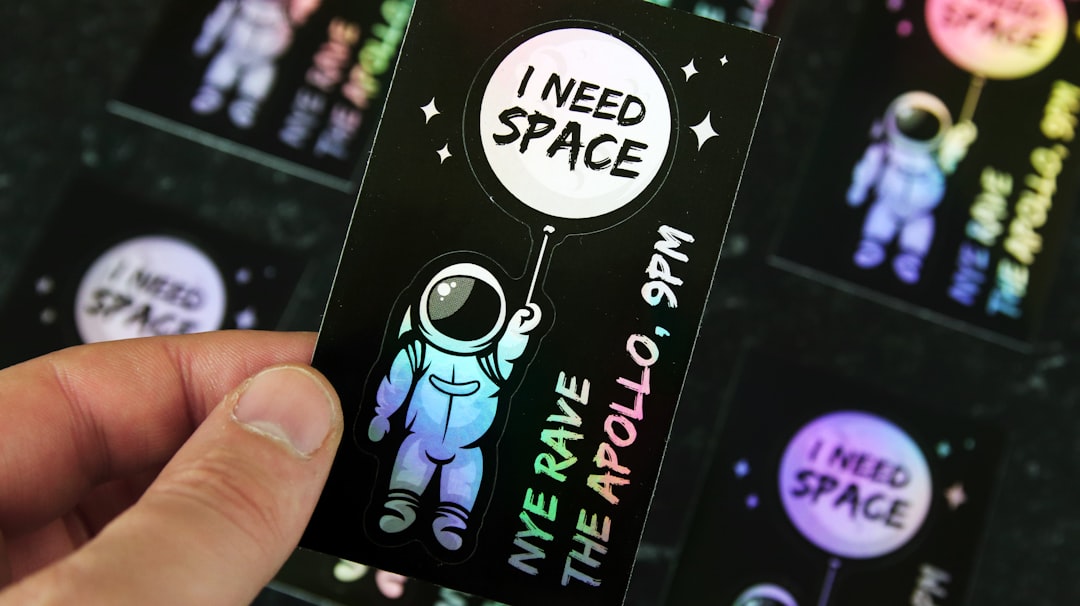“`html
Space Tourism: Breaking the $5 Billion Barrier
The dream of touching the stars is no longer just science fiction. Space tourism has evolved from a futuristic fantasy to a tangible, and rapidly growing, industry. Recent projections estimate the market has already surpassed $5 billion, and is poised for exponential growth in the coming years. This isn’t just about wealthy individuals taking joyrides; it’s a seismic shift in how we perceive and access space, with significant implications for technology, economics, and our understanding of humanity’s potential.
Why This Matters: The Economic and Technological Ripple Effect
The influx of capital into the space tourism sector is fueling innovation across a range of technologies. Consider it: reusable rockets, advanced materials, improved propulsion systems, and even advancements in life support – all these areas are benefiting from the demand and investment generated by the desire to send humans into space for recreational purposes. These innovations have broader applications beyond tourism, impacting fields like satellite technology, scientific research, and even terrestrial transportation.
Furthermore, the growth of space tourism is creating new jobs and economic opportunities. From engineers and scientists to pilots and hospitality staff, the industry is generating a diverse range of employment options. This is particularly important in areas with established aerospace infrastructure, as well as emerging spaceports around the globe. The economic benefits extend beyond direct employment, stimulating local economies through tourism and related services.
Key Players Shaping the Space Tourism Landscape
Several companies are leading the charge in making space tourism a reality:
- Virgin Galactic: Pioneering suborbital spaceflights with their SpaceShipTwo vehicle, Virgin Galactic aims to provide a unique experience of weightlessness and stunning views of Earth. They have already conducted several successful test flights with paying customers, marking a significant milestone for the industry.
- Blue Origin: Founded by Jeff Bezos, Blue Origin is focused on providing suborbital flights with their New Shepard rocket and capsule. Their emphasis on reusability and safety is central to their approach.
- SpaceX: While SpaceX’s primary focus is on orbital and deep-space missions, they have also entered the space tourism market with their Crew Dragon spacecraft. Their Inspiration4 mission, which sent a fully civilian crew into orbit, demonstrated the potential for longer and more ambitious space tourism experiences.
These companies are not only competing to offer the best space tourism experience but also driving down costs and improving access to space. As technology advances and competition intensifies, the price of a spaceflight is expected to decrease, making it more accessible to a wider range of individuals.
The Impact: Redefining Accessibility and Inspiring a New Generation
The impact of space tourism extends beyond economics and technology. It’s also about inspiring a new generation of scientists, engineers, and explorers. Seeing private citizens venture into space can spark a sense of wonder and curiosity, encouraging young people to pursue careers in STEM fields. The accessibility of space, even in a limited capacity, helps to demystify the cosmos and foster a sense of connection to something larger than ourselves.
Moreover, space tourism provides a unique perspective on our planet. Astronauts often describe the “Overview Effect,” a profound shift in perspective that occurs when viewing Earth from space. This experience can lead to a greater appreciation for our planet’s fragility and the importance of environmental conservation. Space tourists, even on suborbital flights, can potentially experience a similar shift in perspective, contributing to a greater sense of global responsibility.
The Future Outlook: Orbital Hotels, Lunar Expeditions, and Beyond
The current state of space tourism is just the beginning. The industry is expected to evolve rapidly in the coming years, with exciting developments on the horizon. One potential trend is the development of orbital hotels, offering extended stays in space with amenities such as zero-gravity recreational activities and panoramic views of Earth. Companies are also exploring the possibility of lunar tourism, with plans to send private citizens to the Moon for short stays or even permanent settlement.
However, challenges remain. Safety regulations need to be refined and standardized to ensure the well-being of space tourists. The environmental impact of space launches needs to be carefully considered and mitigated. And the ethical considerations surrounding access to space, particularly regarding affordability and inclusivity, need to be addressed. Despite these challenges, the future of space tourism is bright, with the potential to transform our understanding of space and our place in the universe.
For more insights, check out these resources:
- BBC News: The dawn of space tourism – but is it ethical?
- Reuters: Space tourism market worth $1.68 billion by 2032 – Morgan Stanley
Addressing Concerns: Environmental Impact and Ethical Considerations
No discussion about space tourism is complete without addressing its potential downsides. The environmental impact of frequent rocket launches is a significant concern. Burning rocket fuel releases pollutants into the atmosphere, potentially contributing to climate change and ozone depletion. While companies are exploring more sustainable propulsion systems, such as biofuels and electric propulsion, these technologies are still in their early stages of development. Minimizing the environmental footprint of space tourism is crucial for its long-term sustainability.
Ethical considerations are equally important. The high cost of space tourism currently limits access to a select few, raising concerns about equity and inclusivity. As the industry matures, it’s important to ensure that the benefits of space exploration are shared more widely and that opportunities are created for individuals from diverse backgrounds. Moreover, the commercialization of space raises questions about the potential for exploitation and the need for international cooperation to ensure responsible governance.
Conclusion: A Transformative Industry with Immense Potential
Space tourism is more than just a niche market for the ultra-wealthy. It represents a fundamental shift in our relationship with space, opening up new possibilities for exploration, innovation, and inspiration. While challenges remain, the potential benefits of a thriving space tourism industry are immense, ranging from economic growth and technological advancement to a greater understanding of our planet and our place in the cosmos. As the industry continues to evolve, it’s crucial to address the environmental and ethical considerations to ensure that space tourism becomes a sustainable and beneficial endeavor for all of humanity.
“`

